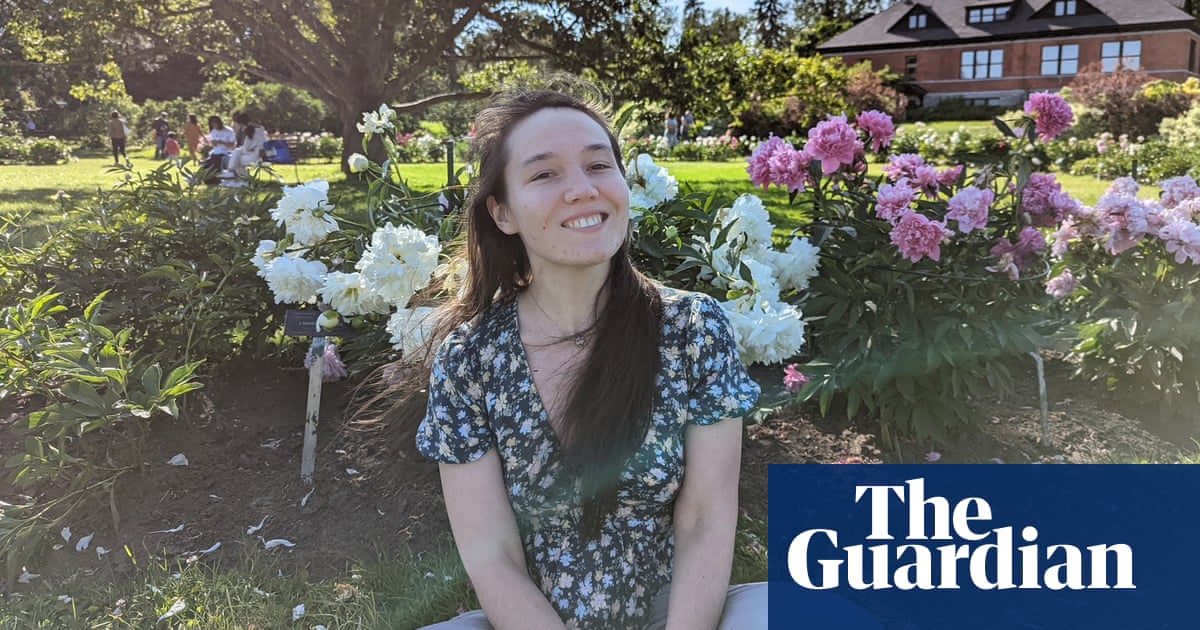- cross-posted to:
- [email protected]
- [email protected]
- [email protected]
- [email protected]
- cross-posted to:
- [email protected]
- [email protected]
- [email protected]
- [email protected]
I think denying citizenship to someone for the ‘crime’ of criticizing a war of conquest is not what was intended with this law. I think there should be, and will be very surprised if there is not, an exception made in this case.
Yeah, I suspect this one will get an exception quickly, given the press. But it’ll set an interesting precedent if applied to the Israel-Hamas situation.
And there it is – indications of reversal: https://www.theguardian.com/world/2024/jan/09/canada-citizenship-russian-blogger-ukraine-war
that article is super confusing. the first paragraph reads:
Canada has reversed course after initially blocking a Russian anti-war activist from receiving citizenship because she had run afoul of Moscow’s harsh laws criminalizing dissent over the invasion of Ukraine.
which makes it sound like they allowed her to be a citizen, but the rest of the article is about how it didn’t let her.
I think it’s been quietly editted or the wrong link was posted. Here’s a brand new article from CBC. It seems to be break news.
thank you, at least that clears things up.
This is the best summary I could come up with:
A Russian anti-war activist is facing the prospect of deportation from Canada after her citizenship application was blocked on the grounds that her blogposts had broken Moscow’s harsh laws criminalizing criticism of the invasion of Ukraine.
The decision, first reported by the CBC, which has baffled immigration lawyers, faults Maria Kartasheva over criminal charges leveled by Russian prosecutors, even though her dissent mirrors Canada’s foreign policy.
Kartasheva, founder of the Russian Canadian democratic alliance, fled her homeland in 2019 amid concern over Vladimir Putin’s growing crackdown on dissent .
Justin Trudeau’s government has been deeply critical of the Russian state, sanctioning many officials – including the judge who oversaw Kartasheva’s arrest in absentia.
In December, Canadian officials told her in a letter that her conviction in Russia aligns with a criminal code offence relating to spreading false information.
Another expert, the University of Toronto law professor Audrey Macklin, said the case appeared the result of an “over-zealous” citizenship officer and questioned the decision to pull her during the ceremony.
The original article contains 830 words, the summary contains 169 words. Saved 80%. I’m a bot and I’m open source!
blogposts
Nice spelling, robot.




